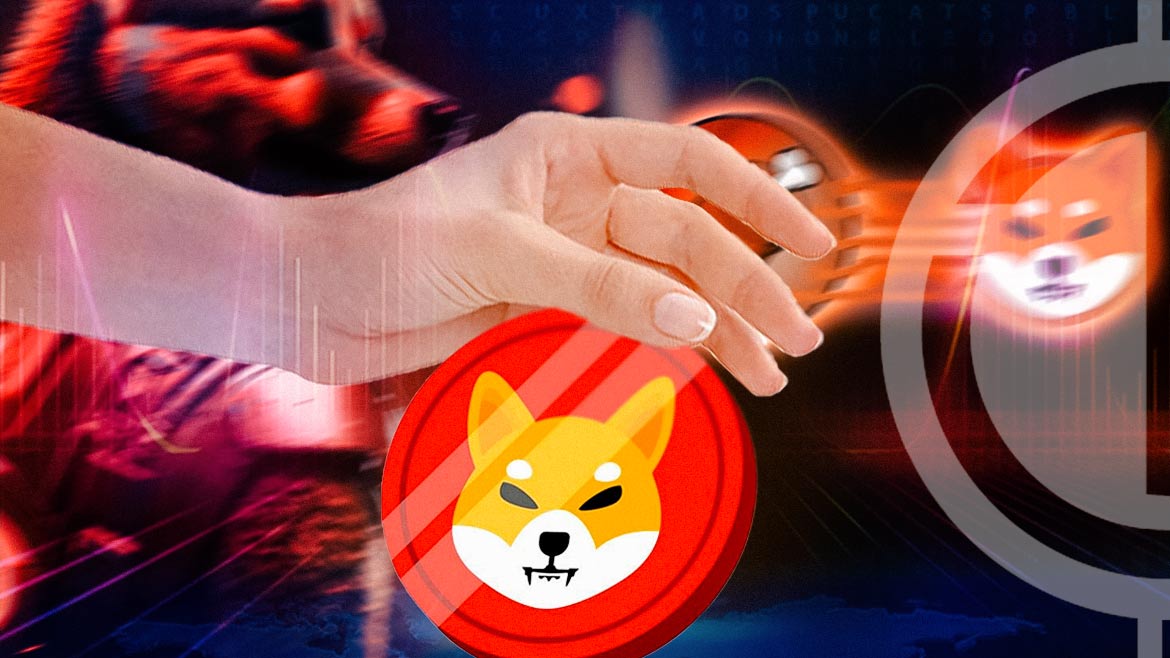- Shibarium introduces Wrapped BONE (WBONE) to enhance network utility and celebrates one million wallets and transactions.
- LucieSHIB confirms the integration of multiple stablecoins and assets, diversifying Shibarium’s offerings.
- Plans to boost transparency and security with the introduction of a hosted Blockscout explorer were also revealed.
In a series of updates, Shytoshi Kusama, the leader of the Shiba Inu project, recently announced new features and milestones for Shibarium, the Layer 2 scaling solution of the Shiba Inu ecosystem. The most significant addition was Wrapped BONE (WBONE), aimed at enhancing the network’s utility. Shibarium also celebrated the achievement of one million wallets and an equal number of transactions, marking its rapid growth.
The updates highlighted Shibarium’s low gas fees and introduced a hosted version of the Blockscout explorer on Shibariumscan. This feature allows users to conduct their own research and verify contracts, adding a layer of transparency to the network. The announcement further added that Shibarium is open for everyone to develop upon, and the team’s primary focus would be to innovate and build technologies on top of Shibarium.
In addition to these developments, the project revealed plans to renounce the Bone contract and add more validators to the network in the coming week. The verified WBONE contract link was also provided, urging the community to use the Blockscout contract verification system for added transparency.
Moreover, the announcement emphasized the importance of contract verification. It stated that Shibarium would soon begin promoting projects built on its platform, but this would only be possible if the contracts were verified using the Blockscout contract verification system. This underscores the project’s commitment to fostering a transparent and secure ecosystem.
Simultaneously, LucieSHIB, marketing strategist at Shibarium, confirmed the integration of multiple stablecoins and other assets, including DAI, USDT, USDC, Wrapped Bitcoin (WBTC), and XFUND. This move aims to diversify Shibarium’s offerings and attract more projects and users. Collaborations with third-party bridges are also in the works to facilitate the transfer of other tokens into Shibarium.
However, a recent investigation led by a cryptocurrency investigator known as BoringSleuth has stirred controversy around Shytoshi Kusama. The investigator proposed theories suggesting that Ryoshi, the elusive creator of Shiba Inu, could be a collaboration between individuals linked to the B2C2 Group.
The Shiba Inu Deployer wallet, initially set up for trading CryptoKitties in 2018, later made Ethereum transfers to a wallet connected to Ethereum co-founder Vitalik Buterin. While these theories have sparked debate, they have also been met with skepticism from the Shiba Inu community, emphasizing that Ryoshi left the project in May 2021 and burned the keys to the supply.






